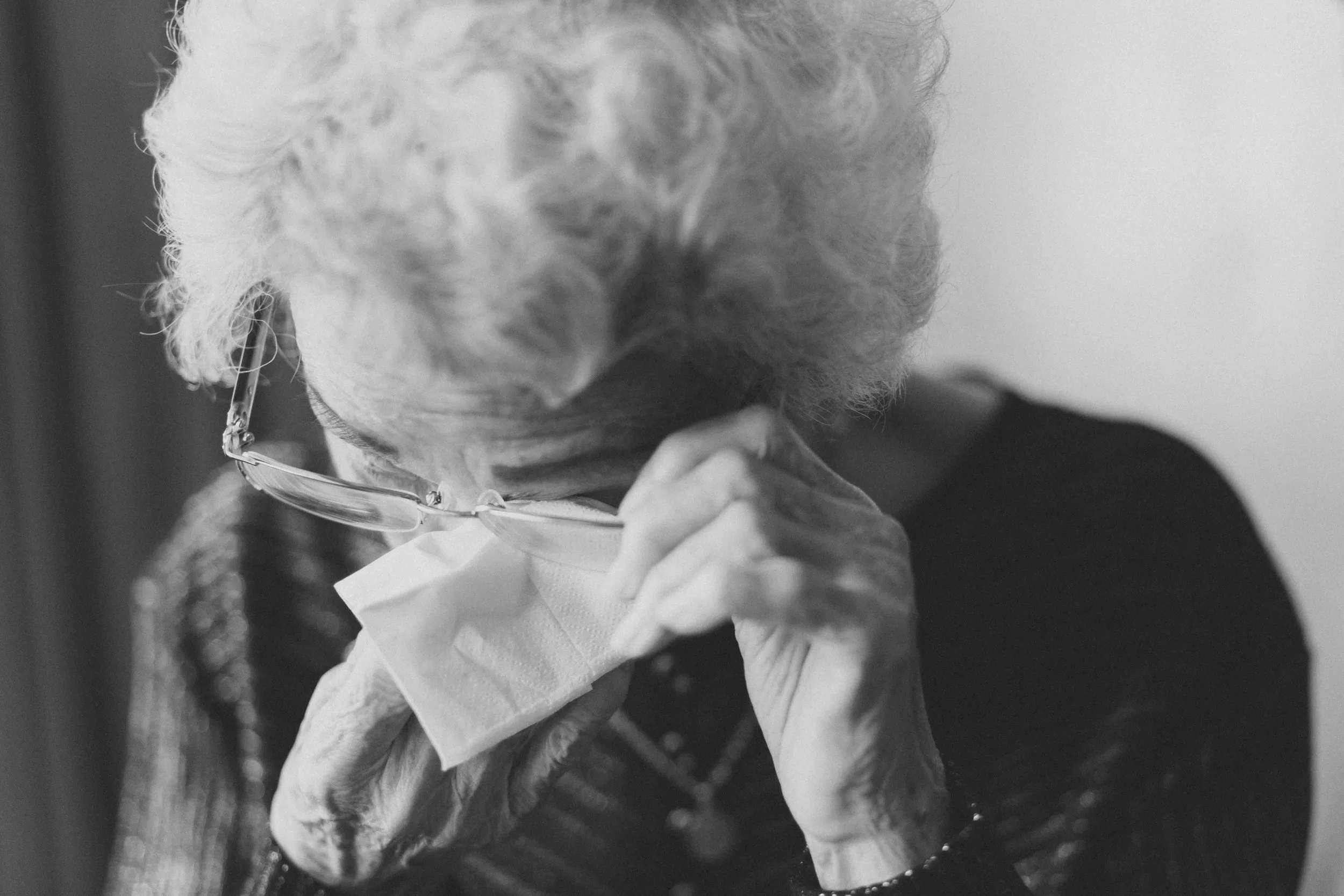Healing Insights
A collection of reflections, articles and resources on emotional, mental and physical healing through homeopathy.
Homeopathy and the Treatment of Grief
Grief is never one-size-fits-all. This article explores how homeopathy gently supports your unique experience of loss, helping restore emotional and physical balance.
Gentle, natural support tailored to your unique experience of loss
Understanding Grief Through a Homeopathic Lens
Homeopathy offers meaningful support for grief, using a wide range of remedies to address the many stages and expressions of emotional loss. The process begins with a homeopathic consultation, where the full picture of your experience of mental, emotional and physical is carefully considered.
Common Symptoms and Causes of Grief
Grief may present as shock, numbness, sadness, anger, guilt, or isolation. The causes vary: the loss of a loved one, unfair or unkind treatment, heartbreak from a failed relationship, financial upheaval, betrayal, or deep disappointment. Homeopathy also considers your thought patterns, emotional responses, sleep and dietary habits, overall health, sensitivity to your environment, and energy levels.
The Individual Nature of Loss
This holistic perspective matters because homeopathy is based on individualisation. For example, some people carry grief in silence, while others express it through tears or bursts of anger. One person might eat and drink excessively; another may lose all appetite or avoid alcohol. Some seek solitude and find comfort in sad music, while others suppress their feelings and avoid anything that reminds them of what happened. Some find movement helpful, while others feel deeply fatigued.
Tailoring Remedies to Your Experience
Understanding the unique way you experience grief is at the heart of remedy selection. There are many homeopathic remedies that reflect different states of grief. Identifying your individual experience on a mental, emotional and physical level is essential in selecting the remedy that can support and gently rebalance your overall wellbeing.
🪻 Homeopathic Remedies for Grief
Grief expresses itself in many different ways, and homeopathy recognises that no two people experience it the same. Below are several commonly used remedies, each suited to different emotional responses and life circumstances. Remedy selection should always follow a professional consultation to match your unique picture.
Ignatia amara
Type of grief: Loss of a loved one, unrequited or disappointed love.
Themes: Ailments from emotional shock, disappointment, fright, or shame.
Characteristic symptoms:
Sudden mood changes, inner conflict, and silent suffering
Involuntary sighing or sobbing
Aggravated by consolation
Self-reproach, emotional suppression
Erratic symptoms like spasms or twitching
Disordered eating (anorexia, bulimia, stress-eating)
Staphysagria
Type of grief: Suppressed emotions from loss, indignation, insult, or humiliation.
Themes: Ailments from repression, emotional abuse, or injustice.
Characteristic symptoms:
Fear of losing control, bottled rage
Extremely sensitive to rudeness or slights
Quiet, yielding personality that avoids conflict
Prone to addictive behaviours: food, alcohol, overwork, screen time
Craves sweets, frequent swallowing, sexual excess
Often linked to histories of emotional or physical abuse
Natrum muriaticum (Nat Mur)
Type of grief: Silent, long-held grief, disappointed love, or emotional rejection.
Themes: Ailments from unresolved sadness or internalised trauma.
Characteristic symptoms:
Desire for solitude, dislike of consolation
Dwells on past grief or betrayal
Listens to sad music, clings to memories
Emotionally closed but craves understanding
Headaches: bursting or hammering, worse from sun and noise
Hypersensitive and defensive
Aconitum napellus (Aconite)
Type of grief: Shock or trauma following sudden loss or near-death experiences.
Themes: Panic, acute fear, and emotional aftershocks.
Characteristic symptoms:
Sudden onset of anxiety or physical symptoms after a fright
Palpitations, breathlessness, tingling sensations
Anxious facial expressions, fear of crowds or confined spaces
Agitation, mental restlessness, and hypersensitivity
Ailments triggered by events like accidents, medical emergencies, or shocking news
🌱 A Note on Individualisation
Each remedy is chosen based on the totality of your emotional and physical picture. While these profiles are a useful guide, working with a professional homeopath ensures the remedy you receive is matched to your unique experience.
Reach Out for Support
If you’d like to learn more about how homeopathy can support you through grief or other emotional challenges, you’re welcome to contact me via the contact page or email info@tonyfox-homeopathy.com.
Photo by Jeremy Wong on Unsplash

